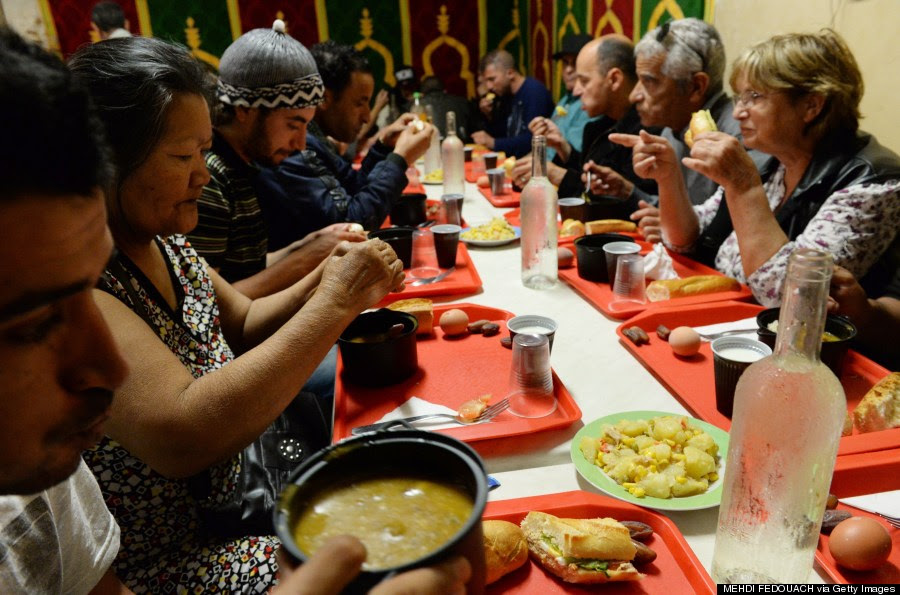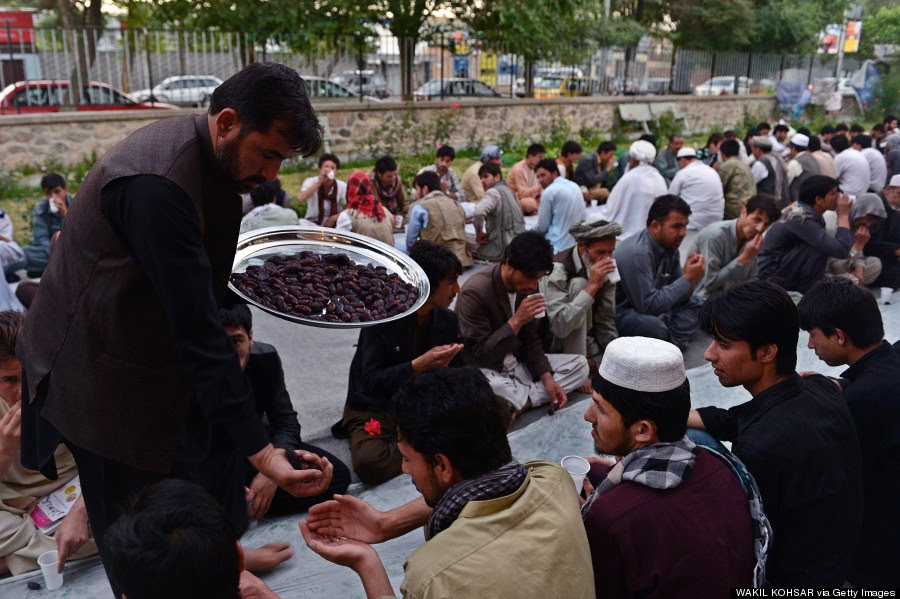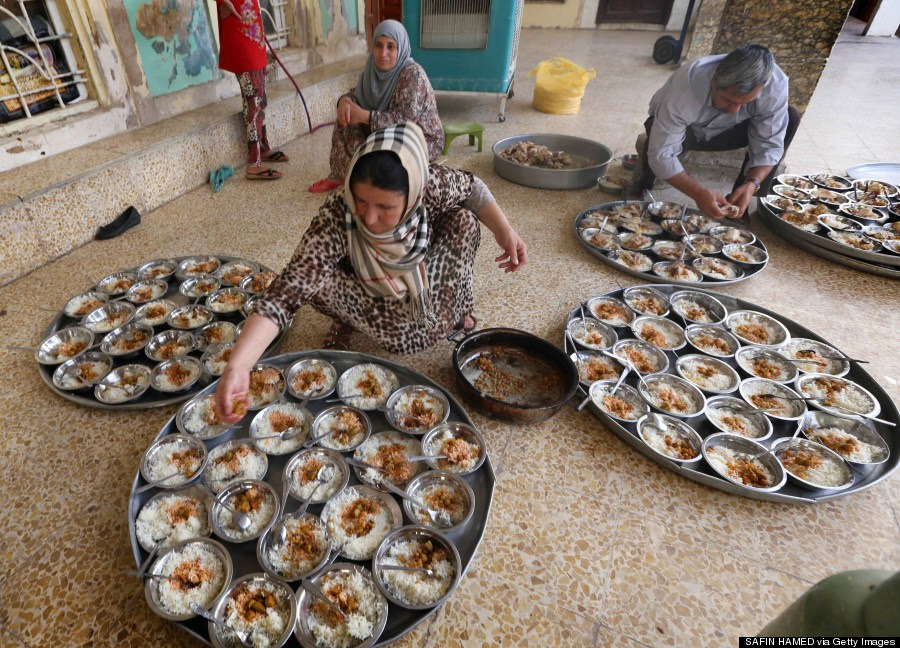
My comments live on Timesofindia.com over their report on Supreme Court ruling on "Sharia Court":
| The Times Of India | |
| Dear Reader, | |
| Your comment on the article ''Supreme Court ruling
on sharia courts draws sharp reaction from Muslim clerics'' is now
displayed on timesofindia.com. | |
| ''Media in
general and Time of India in particular are bent on treating Muslim
affairs with contempt and disdain, using very undiplomatic language,
words and constructions. The court line that fatwa has no legal
sanction, is repeated again and again as if to put down Shari’a and its
verdict on personal affairs. The fact is that Muslims have never sought
legal sanctions for their Shari’a affairs. Only mischief makers and
so-called progressives are bent on injecting confusion by requiring a
secular state to interfere in matters of constitutional rights of
freedom of religion. People should reject such divisive and trouble
mongering interventions by one and all that have no regard for India's
integrity and security. They sow the seeds of trouble just to create
disaffection between the communities. Supreme Court had rightly rejected
the plea for intervention. In fact, Court could have forestalled such
mischief by those unconcerned with the subject matter, by imposing heavy
fines on such motivated PIL.'' | |
| To reply to this comment , or see the whole conversation, click here. | |
| Thanks for sharing your thoughts. | |
| Regards, | |
| Team TOI ----- ----- ------ ----- ----- http://timesofindia. Supreme Court ruling on sharia courts draws sharp reaction from Muslim clerics
READ MORE
Supreme Court Ruling on Sharia Courts|Supreme Court|Sharia courts|Muslim Personal Law|Muslim Clerics on Sharia Courts

Disapproving
of a sharia court issuing fatwa and order against a person who is not
before it, the Supreme Court said it has no sanction of law and no legal
status.
NEW DELHI: The Supreme Court's verdict on Monday declaring that a sharia court has no legal sanction drew sharp reaction from Muslim clerics who said that the Constitution allows them the right to work and act according to Muslim personal law. Zafaryab Jilani, member of the Muslim Personal Law Board, said, "We are not doing anything parallel to the judicial system and we don't say that any order passed by a Qazi is binding on all. Our sole motto is to resolve a matter with the consent of two parties involved in accordance with sharia." Khalid Rasheed Farangi, a Muslim cleric, said that under the Constitution, Muslims have the right to work and act according to Muslim personal law. "Indian Constitution has given us the right to act and work according to our Muslim personal law.  The Supreme Court of India. "One must also keep in mind that Sharia Application Act, 1937, has very clearly said that in those cases in which both parties are Muslims and the matter is related to nikaah, talaaq, zihar, lian, khula and mubaraat, the decisions will be taken in the light of the Muslim personal law," he said, adding that the verdict needs to be studied properly before a final statement can be given. Maulana Mohammad Sajid Rashid, president of Kul Hind Imam Association, said the plea filed in the apex court is itself wrong as it is a religious matter. "If a person is practising a religion, he/she has to follow its preachings. A Muslim who does not follow the sharia is not a true Muslim," he said.  TOI illustration by Zahid. Maulana Anisur Rehman, member of Imarat Shariah, Patna, however, agreed with the apex court ruling, saying that the judgment is not wrong and it is not going to hinder the functioning of sharia courts. "For arbitration, when two parties or people consensually approach the sharia court, it is lawful. The Supreme Court is not wrong, but I need to go through the entire verdict properly," he said. Disapproving of a sharia court issuing fatwa and order against a person who is not before it, the Supreme Court on Monday said it has no sanction of law and no legal status |































